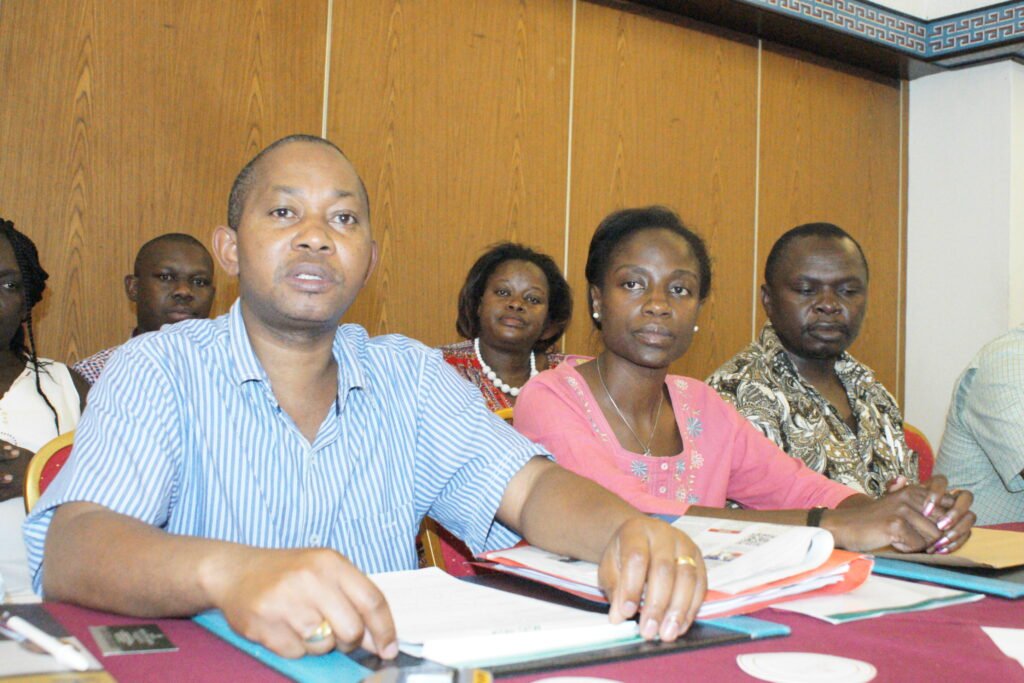By Gilbert Muyumbu
Members of the Law Society of Kenya (LSK) are expected to elect new leadership for the organisation in February 2024, when the tenure of current LSK president, Eric Theuri comes to an end. The organisation is an important player in the rule of law terrain in Kenya.
-
Sale!
Download Nairobi Law Monthly Magazine July 2024 Edition
Downloads Original price was: KShs200.00.KShs100.00Current price is: KShs100.00.
But the terrain faces two consistent realities. On the one hand, the executive arm of government is always a reluctant adherent to the rule of law. If the rule of law was a hospital and the executive arm a patient, the executive would have to always be dragged to the rule of law hospital kicking and screaming.
On the other hand, LSK is an inconsistent defender of the rule of law, in spite of the numerous claims it makes to the contrary in its various proclamations and official pronouncements. In its 100-year history, the organisation has exhibited inconsistencies in defending the rule of law. At one point, it would be out, loud in its defence of the rule of law. At other points, it would retreat into silence in the face of obvious violations of the rule of law.
There are multiple reasons for its inconsistent stand in the defence of the rule of law – these could range from external reasons such as a hostile working environment, including interference in LSK elections witnessed during the Moi era, to internal factors such as identity-based divisions amongst its members (for instance the racial and ethnic divisions in the early Jomo and Kibaki eras respectively).
Ultimately, it is the LSK leadership, represented by the chairperson, which determines how engaged the society is perceived to be when it comes to defending the rule of law. If a chairperson is seen as too close to the executive, then the wider perception is that the LSK is not defending the rule of law. On the other side of the coin, if a chairperson is robust in opposing government policy, then the perception is likely to be that the LSK is defending the rule of law.
Beyond this general picture, however, lies quite a number of chairpersons who have distinguished themselves, even without the need for public visibility. In this regard, at least two chairpersons stand out. These are Krishna C. Gautama, who served from 1977-79, and Joe W. Okwach (1986-88).
Gautama was the first chairperson to consciously convert the LSK into a platform for protecting the public from violations of the rule of law. It was under his tenure that the law society took on government for the first time, in June 1978, when it opposed a new corporate tax regime which government was imposing on private property.
Okwach, though, led LSK at an extremely perilous time, when the intolerance of the Daniel arap Moi administration had reached its peak. He stands out because of the dilemmas he had to face, which resulted in the kind of inconsistencies one can trace to the climate of fear prevalent at the time.
In fact, he would be compelled to dissociate the LSK from some of its members such as Gibson Kamau Kuria, who the Moi administration was hunting down. He stood against heavily consequential amendments which the Moi administration was writing in the country’s constitution, and would denounce political interests, most probably in a shaky voice – amendments such as removing judges’ and the auditor-general’s security of tenure and introducing the queue voting system.
For the LSK chairpersons on the other side, that is, those considered to have contributed little to LSK’s respectability as a defender of the rule of law, the obvious candidates would be those who were perceived as being too close to the executive under various administrations. But beyond this, however, the biggest let-downs would be those LSK chairpersons who inherited an institution with great promise but ended up not living up to the expectations. To this extent, two chairpersons stand out.
The first is Amos Wako (1979-1980). He inherited LSK as an institution which his predecessor, Gautama, had placed on a path towards becoming a public platform for defending the rule of law. Yet with just one tongue lashing from President Moi, Wako folded LSK into an obsequiously silent institution, and it took the likes of GBM Kariuki and Okwach later on to revive the institution’s credentials as a defender of the rule of law.
The second disappointing chairperson must be Nelson Havi. The disappointment with his tenure comes from the fact that he received the largest electoral mandate of any chairperson in LSK history but squandered it within a short time. He not only engaged in fights with the secretariat but also left in a huff, diverting into politics. He badly exposed the organisation, putting it into public limelight for reasons not related at all to defending the rule of law.
For candidates lining up for the LSK leadership in the upcoming election, they need to learn from history. Once elected to office, their actions will either boost or diminish the LSK’s respectability as a defender of the rule of law in the country. History will be here to judge them. (The author wrote a history of the LSK for his PhD. Readers are invited to contribute. Email: editor@nairobilawmonthly.com)


